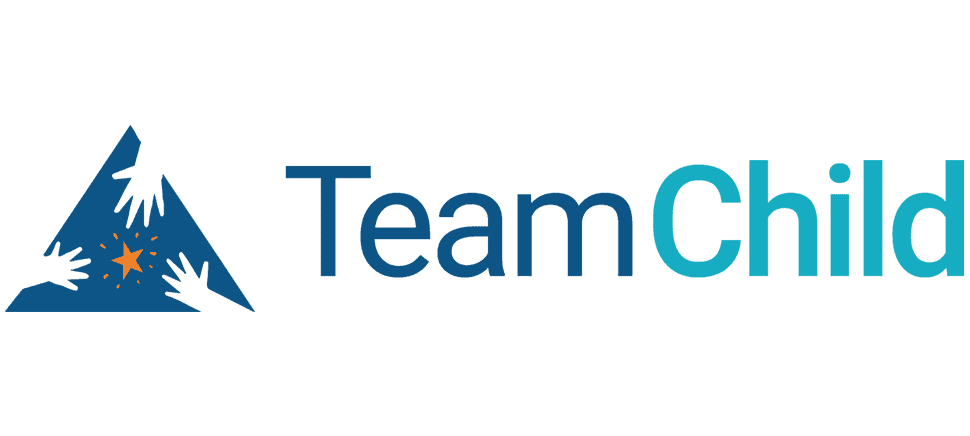TeamChild 2024 Legislative Priorities
The Washington State Legislature opened for 2024 business on January 8, 2024. We have been working all year with partners, youth, allies, and advocates to advance bills that align with our vision for community: We want investments in our youth and their communities. We look for opportunities to shift power and repair harm to Black, Indigenous, and People of Color communities. We align our advocacy behind those with lived experience who know and understand what they need best. We amplify opportunities for youth to be supported and served outside of the criminal and carceral systems.
Those goals align with many policies advanced this session in the four main areas that impact our client population the most: education, safe housing, access to care, decarceration.
Education:
Isolation and Restraint
TeamChild continues to support HB 1479, introduced in 2023, to invest in and provide educators with effective strategies to help students experiencing behavior crisis in the classroom. The overreliance on isolation and restraint is ineffective, not evidence-based, dangerous, and harmful. We hope to achieve significant improvements this session to protect students and build a stronger educational community that is inclusive for all.
Special Education Due Process Hearings
TeamChild attorneys help students and families assert their legal right to seek appropriate educational services for students who have disabilities. Under current law, the family carries the burden of proving to an administrative judge that the school’s educational program is not meeting the student’s needs. We are seeking to change that dynamic. Schools and school districts have access to all the educational information, the teachers and experts in the school building who can explain the services, and the knowledge about the programs available in their schools.
The school district should carry the burden of presenting the information to the administrative judge to demonstrate that the services are adequate, not the other way around. We know that the only families who can make meaningful complaints right now are those with the money and resources to hire private attorneys to sue on their behalf. Many families are left outside of the process for raising their legal rights under the current structure. We want to make sure all families can have a meaningful opportunity to have their concerns heard and resolved.
Safe and Supportive Housing:
The youth advocates at The Mockingbird Society continue to advocate for young adults who are aging out of foster care. Right now, youth receive a financial stiped, among other supports, to help them grow towards independence between age 18 and 21 through a program called Extended Foster Care. These supports are a safety net to help buffer the challenges of growing towards independence and a lifeline for continuing stable housing, pursuing education, and employment. However, not all youth access it due to the administrative barriers in place to become eligible. SB 5908 breaks down those barriers and creates more pathways for youth to participate and benefit from these supports.
Behavioral Health Supports for Students:
TeamChild’s Youth Advisory Board has prioritized behavioral health support for students as a priority for young people in Washington state. Their goals align well with the work of the Children and Youth Behavioral Health Work Group, a statewide work group that advances major policy goals each year. This year, their school based mental health support priorities include:
- a request for funding to increase behavioral health staff at schools;
- expansion of school-based health centers to increase access to behavioral health care at school;
- mental health training for school staff; and
- support for a statewide mental health curriculum.
We know that the school community needs a well-resourced array of experts, support systems, and training to meet the needs of students and create truly inclusive communities.
Juvenile Legal System Reform:
Deferred Adjudications
HB 2186 seeks to expand access to deferred adjudications (which is the term used when a youth is convicted of a crime) for youth. Deferred adjudications means that a young person who is accused of a crime has a chance to complete a set of rehabilitative steps, tailored to their needs, to be accountable for their mistakes and harm. If they are successful, they will not have the case on their record. Many youth already have access to this form of rehabilitation, but there are current limits. This bill seeks to create access for more youth.
Keeping Youth in Juvneile Court
HB 2217 seeks to ensure that youth who are charged with an offense at the age of 17 can have the case heard in juvenile court, even if the charge comes after they turn 18. Right now, if the prosecutor delays filing until after the youth’s 18th birthday, the case becomes an adult case, instead of a juvenile case. The juvenile court system is designed to address the behaviors of young people with developmentally appropriate responses that prioritize rehabilitation. Keeping these cases in juvenile court will reduce harm and improve public safety because youth whose cases remain in juvenile court are less likely to commit additional crimes than when they are charged as adults.
Resentencing:
There will be several bills this session designed to address repair for people who were impacted by old laws, that have been changed and improved to align with brain science, reduce discrimination, and other research that informed new legislation and better practices. When new laws are passed that improve the system going forward, there are often a number of individuals “left behind” who are impacted by the previous law that we no longer believe was appropriate, correct, or fair. These bills will seek pathways for individuals impacted in that way to seek opportunities to have exceptionally long sentences reconsidered. Stay tuned for a more detailed review of these bills in the coming week.

